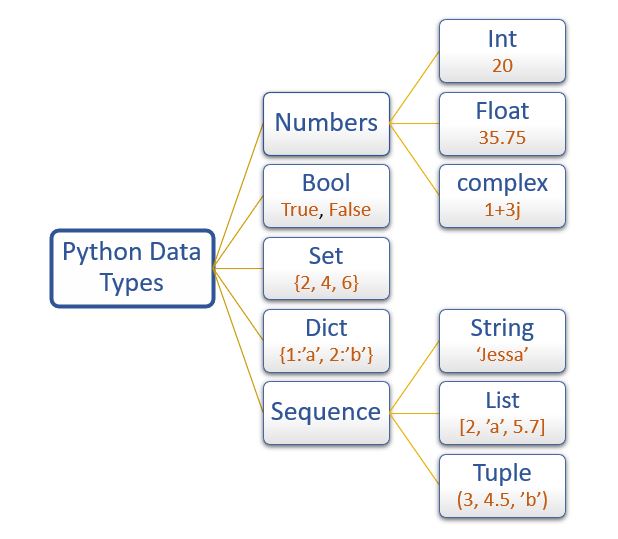Python types for Data Scientists - Part I
Marton Trencseni - Fri 08 April 2022 - Python
Introduction
Python supports types, and from 3.5, type annotation and typechecking. Let's see:
- turn on type checking in ipython notebooks
- how to write type hints
- simple examples
The official documentation is here. The ipython notebook is up on Github.

Type and type expressions
Let's use the built-in type function to get the types of some common Python expressions:
type(42), type(int('42')), type('hello'), type([]), type({}), type({1, 2, 3}), type(None)
Output:
(int, int, str, list, dict, set, NoneType)
Let's get more abstract:
type(int), type(type(42)), type(str), type(42) == type(int), type(int) == type(str)
Output:
(type, type, type, False, True)
Dynamic vs static typing
Python, by default, is dynamically typed. This means that variables can start of as an int, can become str or a list or NoneType later:
age = 42
age = 'hello'
age = [42, 'hello']
age = None
However, we can switch Python to static typing:
age: int
By default, Python treats the : int as an annotation and ignores it:
age: int = 42
age = 'hello' # no problem since type checking is off
age = [42, 'hello'] # no problem since type checking is off
age = None # no problem since type checking is off
We can load a static type checking module, and the type annotation will be enforced. First we need to pip install nb_mypy, then we can achieve type checking in ipython notebooks:
%load_ext nb_mypy
%nb_mypy On
Once we do this, we can get type checking each time a cell is executed:
age:int
age = 42 # okay
age = 'hello' # not okay
age = [42, 'hello'] # not okay
age = None # not okay
The output will be:
error: Incompatible types in assignment (expression has type "str", variable has type "int")
error: Incompatible types in assignment (expression has type "List[object]", variable has type "int")
error: Incompatible types in assignment (expression has type "None", variable has type "int")
Container types
Containers can also be typed:
l: list[int]
l = [1, 2, 3] # okay
l = 1 # not okay!
l = [1, "hello"] # not okay!
Output:
error: Incompatible types in assignment (expression has type "int", variable has type "List[int]")
error: List item 1 has incompatible type "str"; expected "int"
Or:
l: list[int] = []
l.append(1) # okay
l.append("hello") # not okay!
Output:
error: Argument 1 to "append" of "list" has incompatible type "str"; expected "int"
Functions
Functions can also carry type annotations:
def f(i:int) -> list[str]:
return ['hello']
f(42) # okay
f('hello') # not okay
r: int = f(42) # not okay
Output:
error: Argument 1 to "f" has incompatible type "str"; expected "int"
error: Incompatible types in assignment (expression has type "List[str]", variable has type "int")
Classes
Class member variables:
class A:
memberVariable: int
def __init__(self, i:int) -> None:
self.memberVariable = i
def increase(self) -> int:
self.memberVariable += 1
return self.memberVariable
Then:
a = A(42) # okay
a.increase() # okay
a = A('hello') # not okay
None + a.increase() # not okay
Output:
error: Argument 1 to "A" has incompatible type "str"; expected "int"
error: Unsupported operand types for + ("None" and "int")
Conclusion
In the next part, I will look at more complicated type expressions, such as Optional.